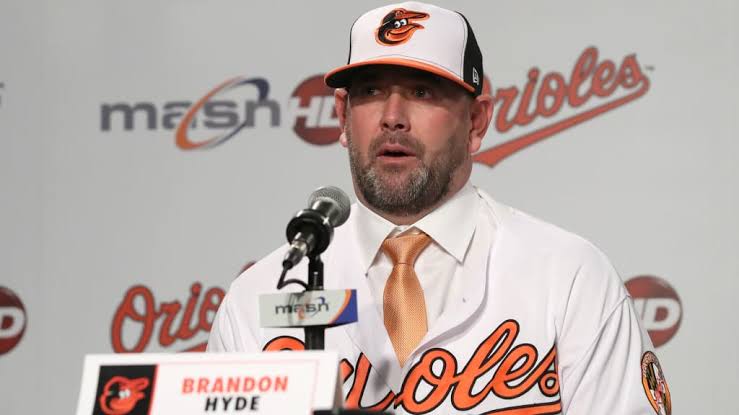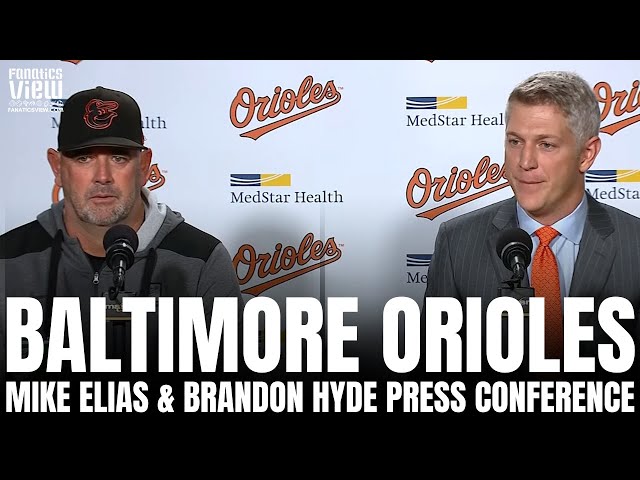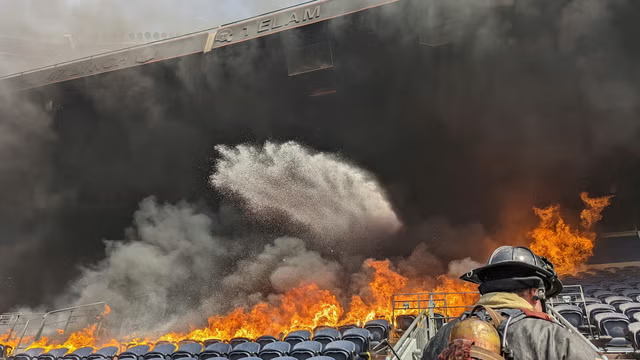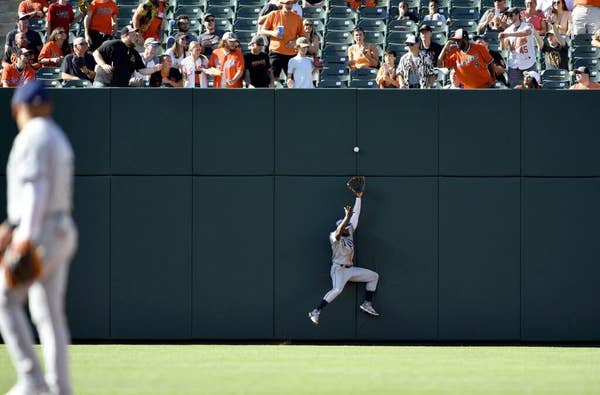Baltimore Orioles coach Brandon Michael recently made headlines after announcing he would boycott the MLB Pride Night event, citing his belief that the focus should remain on the game of baseball rather than external causes like sobriety or Pride celebrations. In a statement, Michael expressed his position by emphasizing that sports, particularly baseball, should be about competition and athleticism, not getting entangled in social or political movements. He noted that his stance is personal, and while he understands the significance of various causes, he feels that the event detracts from the primary purpose of the game.
Michael’s decision has sparked mixed reactions, with some supporting his view of keeping the sport free from outside distractions, while others feel that Pride Night represents an opportunity for inclusivity and visibility for marginalized groups. The Orioles, a team with a large following, have not commented extensively on his individual decision, but it has nonetheless stirred conversation around the place of activism in professional sports.
As the debate continues, it’s clear that this issue raises broader questions about the role of athletes and organizations in advocating for social justice while maintaining the essence of their respective sports. Critics of Michael’s stance argue that Pride Night is a step toward fostering a welcoming environment for all fans and players, regardless of their sexual orientation. In contrast, those who align with his view assert that professional sports events should avoid becoming platforms for political or social messaging, preserving the focus on performance and team success.
In the coming days, it’s likely that this controversy will continue to develop, with opinions divided on how far sports figures should go in supporting causes outside their field of play.



